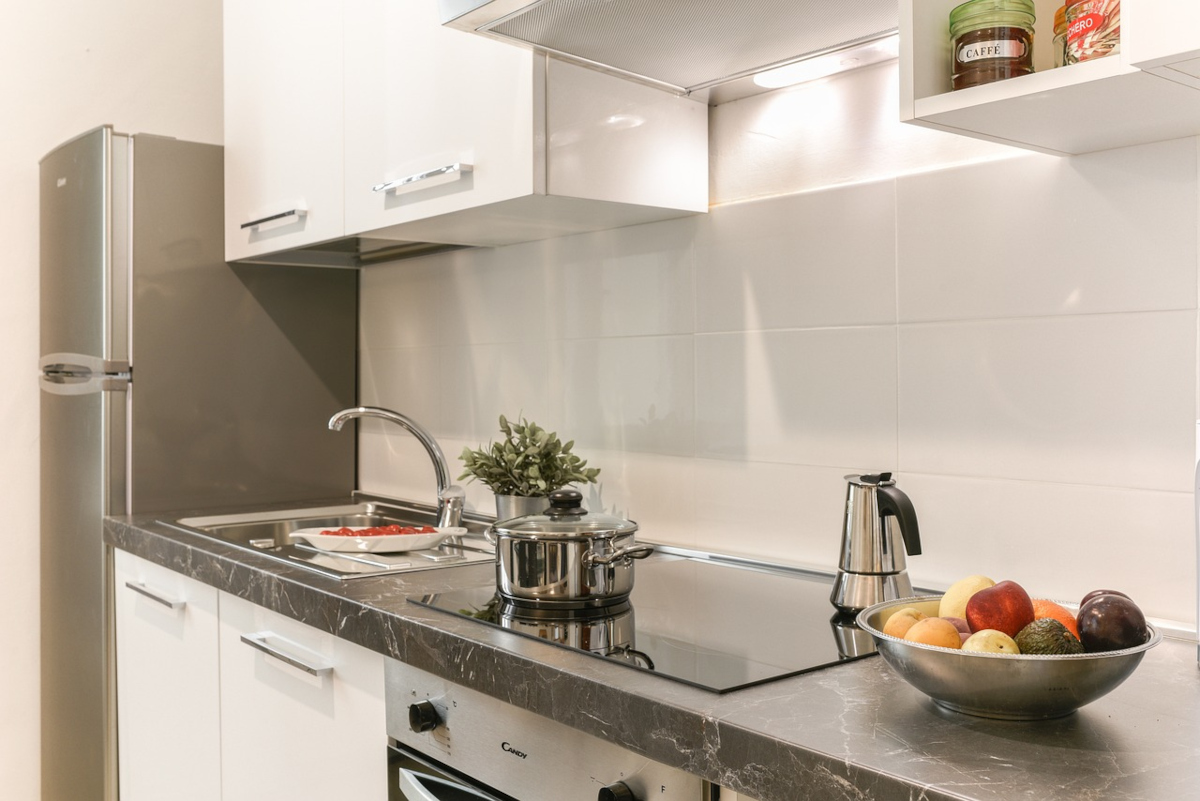If you are looking for some kitchen tips to ensure that you are getting the best nutritional goodness from your food, then you have come to the right place. The way in which you prepare, cook and store your food, can impact the amount of nutritional content that you eventually consume.
Firstly, I highly recommend that you have organically sourced food, if you are wanting to obtain the most nutritional value from your food. Organically sourced foods are free from chemicals and toxins, therefore all the nutrients are naturally produced, giving you a high nutritional value of food.
Secondly, to help you maintain the high nutrient value of your food, it is important that your food is prepared, cooked and stored correctly to retain their nutritional value. Not sure whether you are preparing, cooking or storing your food correctly? Outlined below are some Kitchen Tips to help you.
Preparation & Cooking Methods
Different food preparation and cooking methods can alter the nutrient content you derive from your food; and some have also been shown to be associated with the creation of certain carcinogens which are harmful to health.
The best approach to safe cooking is to cook ‘low and slow’. Avoid cooking at temperatures over 100° Celsius. Cooking methods known to deplete nutrients or affect the quality of food you are consuming that are best avoided.
While certain cooking methods are best avoided, your circumstances may occasionally require you to bake or microwave your foods. If so, follow these kitchen tips guidelines to minimise the impacts:
-
If baking, keep the oven temperature as low as possible to cook thoroughly (low and slow).
-
Avoid dry heat – baking animal protein and vegetables in dry heat can result in harmful inflammatory compound formation. Baking with liquids helps to reduce this.
-
Remove any portions of browned, charred food before consuming. Browning food can also form harmful inflammatory compounds, particularly at higher temperatures.
-
If you have to use a microwave, avoid using plastic containers, as chemicals may potentially leach from the plastic into the food. Using glass cookware is desirable. Avoid cooking with non-stick cookware as this contains a chemical known as Polytetrafluoroethylene (PTFE).
Suitable Cooking Methods
Below are ideal cooking methods to use to maximise the nutrient content of your food:
-
Braising
-
Poaching.
-
Sauteeing.
-
Simmering.
-
Steaming.
-
Stewing.
-
Stir-frying with water.
Avoid These Cooking Methods
Note that overcooking and losing nutrients in water has a determent affect, so it is best to avoid, or minimise these cooking methods:
-
Boiling
-
High temperature cooking*
-
Baking (if food becomes browned or crisp)
-
Barbecuing
-
Frying
-
Grilling
-
Stir-frying with oil
-
Toasting
* It is ideal to avoid high temperature cooking during detox; however, occasional cooking at higher temperatures may be allowed provided foods are not browned or burnt.
Food Storage
Washing and storing food properly is essential to maintaining the nutrient quality and longevity of food. If food is stored properly, it remains fresher for longer. This prevents you having to throw away food unnecessarily, which may be kinder to your budget.
Now is the perfect time to do an audit of your fridge and pantry, clearing out any unhealthy or out of date items. When you go to your fridge or pantry, what do you see?
-
Are all the packaged or bottled items in date and sealed properly?
-
Are your organic vegetables stored in the crisper after being washed?
Washing vegetables and fruits before consumption is essential to remove potential toxic residues that may be resting on the surface especially for non-organic foods. -
Store fresh produce in the crisper to prevent it wilting; wrapping in unbleached paper towels or a clean cloth may help absorb extra water.
-
Don’t pack your refrigerator to the brim. Leave some breathing room to allow the air to circulate.
-
If fruit or vegetables have started to deteriorate, you are best to discard the whole item, rather than simply removing the affected part.
-
Are there left-overs that have been left a little too long? Avoid eating leftovers, as they are more likely to be contaminated.
-
Avoid storing foods in plastic containers or polystyrene containers and covering food with plastic wrap. Instead, opt for non-porous storage options such as glassware, ceramic or stainless steel. Use a plate to cover food if needed, instead of plastic wrap.
-
Keep spices, onions, potatoes and oils stored in a cool dark place to prevent spoilage.
-
Thawing is most safely done in the refrigerator in a sealed package.
-
Freeze foods using glass or enamel containers, butcher’s paper, parchment, foil or number 4 freezer bags for freezing. Make sure hot food has cooled before placing it in storage bags.
Doing this fridge/pantry audit is a great way to establish a good eating habit. Now is the time to discard some of those foods that are causing you to stumble whenever you try to do a detox, or need to eliminate certain foods that are causing your digestion system to trouble. Not wanting to discard some perfectly good produce/products, then consider giving fresh produce to someone who has animals (eg dogs, chickens etc); or giving canned products to a charity organisation etc.
If you are wanting more information on kitchen tips, contact myself or a qualified health professional, for a detailed plan.



